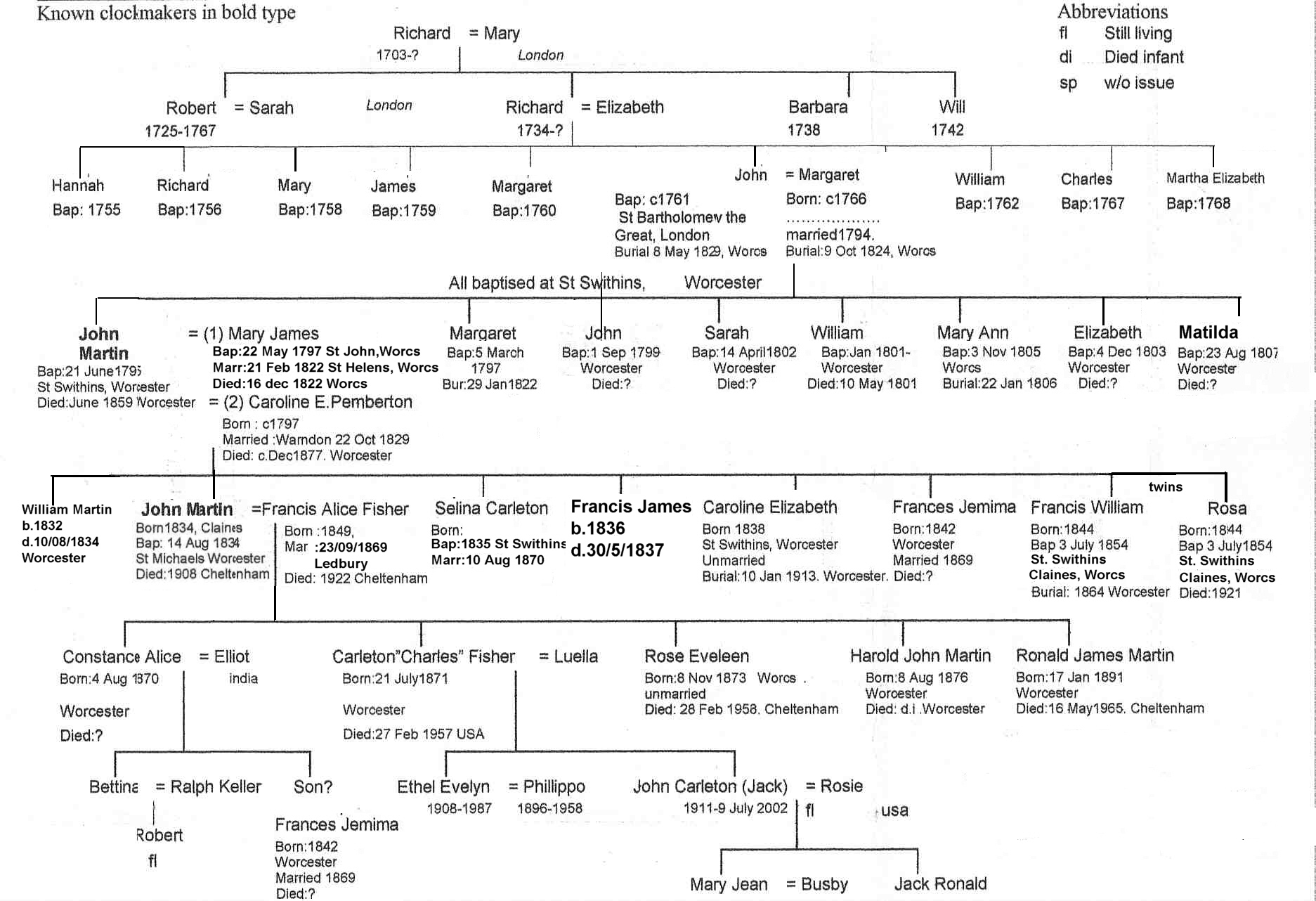The Civil War, a tumultuous period in American history, left an enduring mark on the nation’s fabric. At its heart stood figures like Robert E. Lee, a revered military leader whose legacy remains a subject of both admiration and controversy. But beyond the battlefields and the political landscape, a personal story unfolds – a story of family, tradition, and the intricate tapestry of lives woven together by the threads of heritage. Today, we embark on a journey to explore the fascinating and complex world of Robert E. Lee’s descendants, tracing their paths through time and understanding how their lives intertwined with a complex past.

Image: royalenzyme.blogspot.com
Robert E. Lee, a name synonymous with the Confederacy, stands as a towering figure in American history. His military brilliance and unwavering dedication to his cause remain undisputed. But with that legacy comes the undeniable reality of a past deeply entwined with slavery and a war that tore the nation apart. As we delve into the lives of his descendants, we must approach this exploration with sensitivity, acknowledging the weight of history and embracing the nuanced perspectives it carries.
A Lineage Steeped in History:
Robert E. Lee and his wife, Mary Custis Lee, had seven children: Custis Lee, Mary Custis Lee, Agnes Lee, Anne Carter Lee, Robert E. Lee Jr., William Henry Fitzhugh Lee, and Eleanor Agnes Lee. Each child bore the mark of their heritage, with their lives unfolding against the backdrop of a changing America. Their lives, influenced by the Civil War and its aftermath, offer a unique insight into the personal impact of a national struggle.
-
Custis Lee, the eldest son, followed in his father’s footsteps, graduating from West Point and serving in the U.S. Army. Though he did not participate in the Civil War, his life was shaped by the events that unfolded around him.
-
Mary Custis Lee found solace in her faith and in the quiet life she built alongside her family.
-
Agnes Lee, like her brother Custis, embarked on a military career, serving as a nurse during the Spanish-American War.
-
Anne Carter Lee married into a prominent Southern family, continuing the tradition of family and honor that defined her heritage.
-
Robert E. Lee Jr., the namesake of his father, became a prominent lawyer and served as a judge in Virginia.
-
William Henry Fitzhugh Lee followed his father’s footsteps into the military, becoming a distinguished general known for his bravery and strategic acumen.
-
Eleanor Agnes Lee chose to dedicate her life to the service of others, embracing a life of philanthropy and religious devotion.
In the years following the Civil War, the Lee descendants navigated a world grappling with a divided past. Though the South was no longer under Confederate rule, the lingering echoes of the war continued to shape their lives. They lived with the burden of a complex legacy, grappling with the ramifications of a war that had deeply wounded their families and their nation. Despite the hardships they endured, they forged their own paths, contributing to society in their own unique ways.
Challenges and Resilience:
While the descendants of Robert E. Lee inherited a distinguished lineage, they also became inheritors of a legacy laden with controversy. The Civil War’s impact extended far beyond the immediate battlefield, leaving an imprint on their lives and their reputations.
-
The family faced ostracization and a social stigma associated with their Confederate heritage.
-
Some family members actively sought to honor the memory of Robert E. Lee, while others chose to distance themselves from his legacy.
-
The debate surrounding Confederate monuments, statues, and memorials, which continues to spark passionate discussions across the nation, also served as a poignant reminder of the enduring impact of the Civil War and the complex emotions it evokes.
Despite the challenges, the Lee descendants demonstrated remarkable resilience, finding ways to forge their own paths and contribute to their communities. They engaged in a variety of personal, professional, and philanthropic pursuits, leaving their mark on society in ways that extended far beyond their ancestors’ legacy.
A Legacy of Hope:
The descendants of Robert E. Lee, navigating a world grappling with a complex and divided past, demonstrated that individual stories often hold the key to understanding history’s complexities.
-
Their lives reveal the human cost of war and the enduring impact of historical struggles.
-
They offer insights into the challenges of reconciling inherited legacies with individual choices and personal aspirations.
-
Their stories embody a spirit of resilience, echoing a desire to move forward, seeking healing and reconciliation within their families and within their nation.
In Conclusion:
The family tree of Robert E. Lee is a testament to the enduring power of family and legacy. As we explore their stories, we gain a deeper understanding of the profound impact of history on individuals, families, and communities. Their lives encourage us to acknowledge the complexities of the past, to embrace the diversity of perspectives, and to seek understanding and healing in the face of division. As we continue to navigate the challenges of a constantly evolving world, we are reminded of the importance of learning from past mistakes, embracing perspectives from diverse backgrounds, and striving to build a future where generations to come can inherit a legacy of peace, understanding, and unity.

Image: quotesgram.com
Robert E Lee Descendants Family Tree






